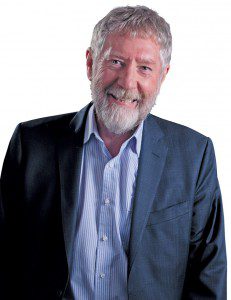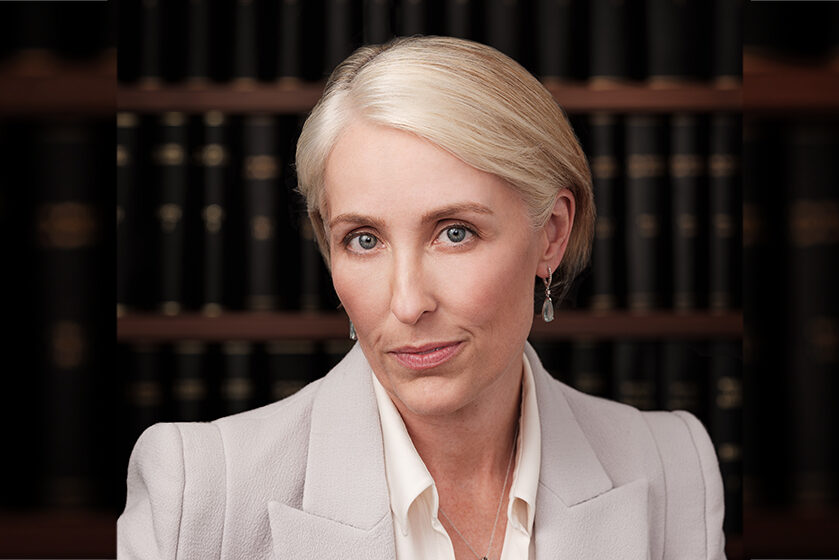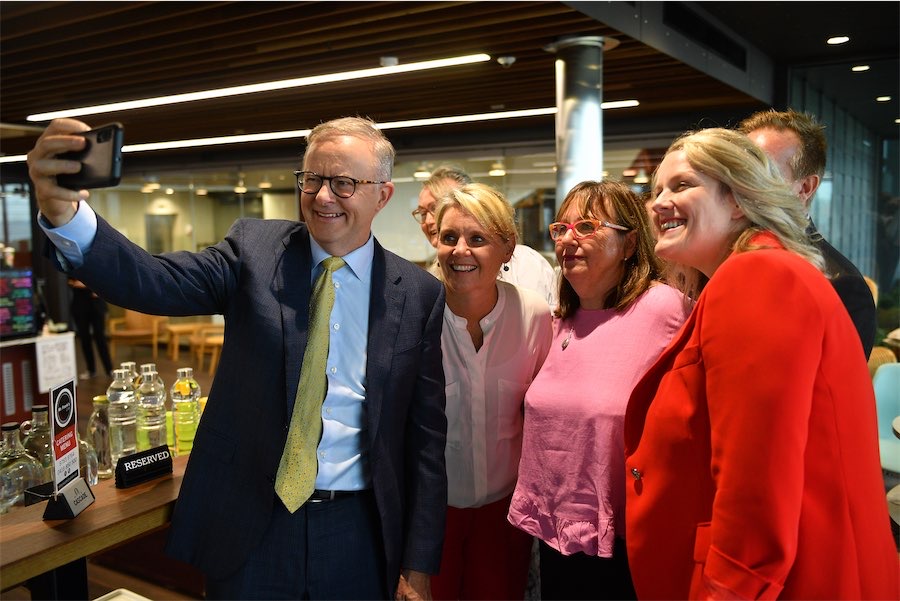MALCOLM Turnbull was dragged kicking and screaming to establish a royal commission into the banking sector. The parliament has been able to overcome the influence on government of political donations and the corporate sector that has fuelled resistance to such a royal commission.

The Kenneth Hayne Royal Commission has the opportunity to expose some key structural elements in the single greatest social challenge of our time – the growing discrepancy in wealth. While banks charge outrageous interest on loans such as credit card overdrafts, the profits are funnelled to outrageous multi-million-dollar salaries of their executives and dividends to already wealthy shareholders.
Former High Court Justice Haynes has been described by the Prime Minister as “renowned for his brilliant mind, his forensic skill and his deep sense of justice”. It is this “sense of justice” that a brilliant mind should use to assess the role of the banks in the ever increasing prosperity gap between the wealthy and the poor. In Australia, the bottom 3.9 million people share the same level of wealth as the top 10 individuals. And the gap continues to grow.
In August, I quoted Oxfam identifying the cause of growing wealth discrepancy nationally and internationally as “aggressive wage restraint, tax dodging and the squeezing of producers by companies”. They added “businesses were too focused on delivering ever-higher returns to wealthy owners and top executives”.
The World Economic Forum verified the findings when releasing its own “inclusive growth and development report” in January showing median income internationally had fallen by an average of 2.4 per cent between 2008 and 2013 across 26 advanced nations. This does not happen without complicity of those who manage funding. In Australia this includes a major role played by the big banks and the finance sector generally.
The International Monetary Fund reported in 2012 that the four big banks controlled 88 per cent of residential mortgages and 80 per cent of deposits. They contrasted this with the six biggest American banks that held 30 per cent of total deposits in 2013. The banks simply have a huge influence on distribution of Australian wealth.
The concept seems straightforward. However, it does require a more nuanced understanding. This is the challenge for Kenneth Hayne. No doubt the banks will point to the mums and dads (let’s call them the ordinary Australians) who rely on banking shares to build their superannuation funds. With an ageing population it is important that people are able to have their savings secure in order to look after themselves in retirement.
No doubt the legions of lawyers and communications experts employed by the banks to respond to the royal commission will seek to emphasise the importance of ordinary people as the beneficiaries of bank dividends. The technique was successfully used by the mining industry when campaigning against Kevin Rudd’s “super profits mining tax”. Like the banks, the reality was that international investment companies were eating up the lion’s share of the profits.
The 2012 IMF report, for example, found that on average 43.9 per cent of the banks’ shares were owned by just four companies – HSBC, JP Morgan, National Nominees and Citicorp. Between them they own 44.4 per cent of Westpac, 43 per cent of NAB, 49 per cent of ANZ and 39 per cent of CBA. As with the super-profits mining tax, the profits of the banks are primarily funnelled into large investors – both national and international.
Fundamental to the Royal Commission is determining the role of the banks as the rich get richer and the poor poorer. Borrowings from the banks should facilitate home ownership, business growth and productivity. Having enough money to support innovation feeds economic growth. A reasonable return on investment of time, energy and ideas is the aim of individuals and companies that use borrowings to build their businesses.
Interest rates on credit cards demonstrate a different story. Plenty of the credit cards currently available dance around interest rates of 20 per cent. With the Reserve Bank cash rates at 1.5 per cent this is simply usurious! The wealthy do not need to borrow money this way. Outrageous credit-card interest rates directly move money in reverse Robin Hood style. They rob from the poor to give to the rich.
Michael Moore is a former member of the ACT Legislative Assembly and an independent minister for health in the Carnell government. He has been a political columnist with “CityNews” since 2006.
Who can be trusted?
In a world of spin and confusion, there’s never been a more important time to support independent journalism in Canberra.
If you trust our work online and want to enforce the power of independent voices, I invite you to make a small contribution.
Every dollar of support is invested back into our journalism to help keep citynews.com.au strong and free.
Thank you,
Ian Meikle, editor





Leave a Reply